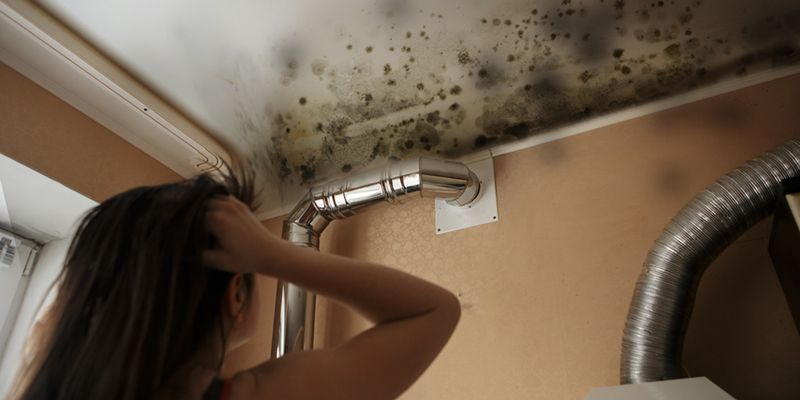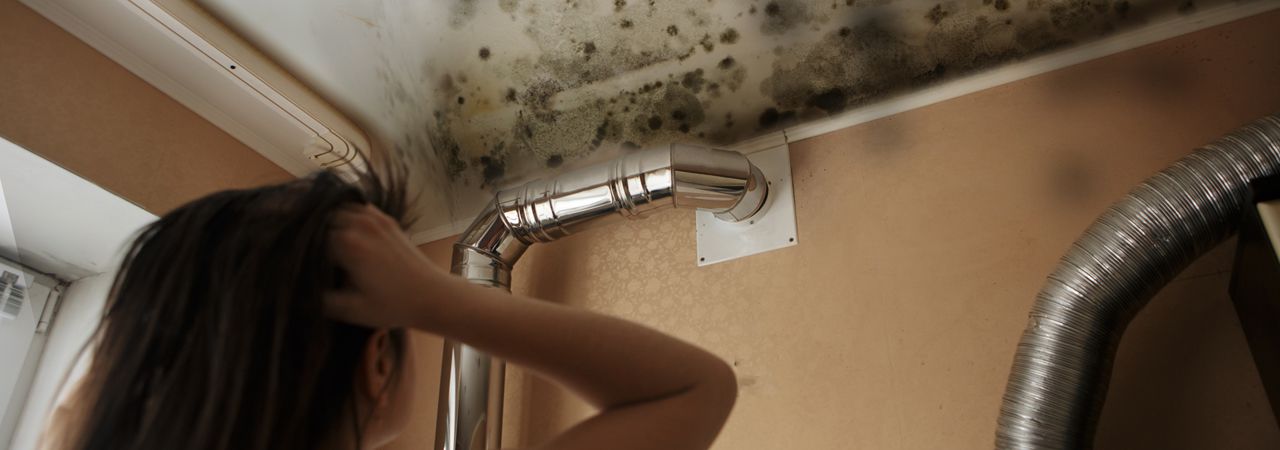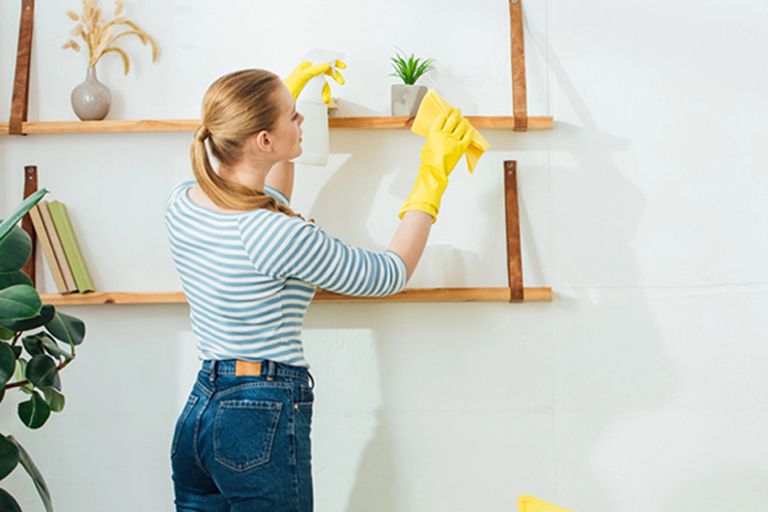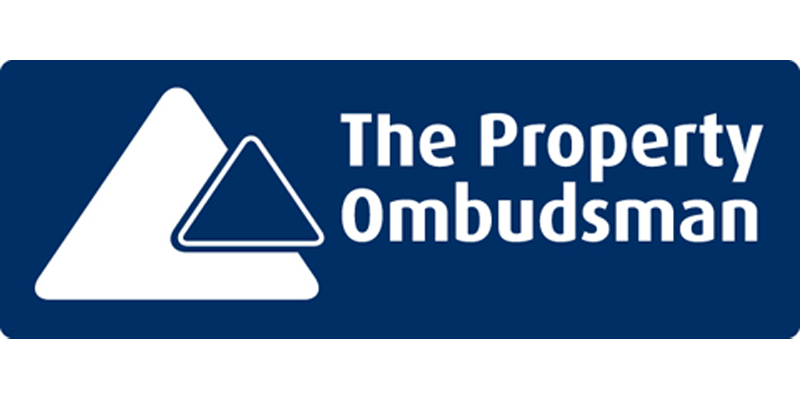It is well documented that we, as a nation, have had some particularly challenging times in the last few years including covid, gas and electricity prices going sky high, interest rates going up, rents going up, to mention but a few! The fact that gas and electricity prices have risen so much has had an impact on people’s energy usage and this has meant that people have not heated their properties as much as they would ordinarily do, due to being afraid of the enormous bills these would create.
As a result of this, there has been a huge increase in the amount of condensation that is in people’s homes, which has, in turn, been detrimental to their standard of living and in some cases their health. There is a real lack of knowledge when it comes to things like condensation and black spot mould but the rise in it has meant that we, as a Company, are finding ourselves trying to inform and educate people what causes it and how to treat it. It is understood that there are other types of damp such as rising damp and water ingress, which are entirely different things and would need a specialist to investigate further.
The most common type of damp found in properties is caused by condensation. As you can imagine, just by living in a property, moisture is created by cooking, bathing & showering, washing & drying clothes and even breathing! Condensation occurs when moisture laden air is cooled to a point where it can no longer hold all its moisture and it will then go to the coldest part of the house, which is invariably an external wall that does not open to the elements. Over time, the condensation can then start to turn into black spot mould, which can be dangerous to health if the spores are inhaled in sufficient volume. Unbelievably, there are 100’s of species of mould that are carried in the air that can settle and grow if the conditions are right.
The best way to keep the levels of condensation down is to produce less moisture by following the tips below:
- Cover saucepans whilst cooking & do not leave kettles boiling.
- Do not dry your washing inside the property.
- Always close the bathroom door when showering / taking a bath.
- Always close the kitchen door when cooking.
It is also particularly important to heat the property but sadly some homes are only heated for part of the time; this can result in condensation occurring when the rooms are unheated. This has been a huge issue over the last 18 months or so due to the energy crisis, which has impacted people’s affordability to use their heating. Keeping the whole home consistently warm will reduce condensation. This is better, and may be cheaper, than having intermittent heating to higher temperatures of parts of the home.
As well as heat, it is also imperative that properties are well ventilated, which will help remove the moisture from the atmosphere. Please see some tips below, which will assist in keeping the air moving:
- Ventilate kitchens and bathrooms when in use. After use open the windows wider to remove the remaining moisture.
- Keep windows on “air lock” or ensure the windows “trickle vents” are open (if fitted).
- Ensure that any extractor fan you have in the kitchen or bathroom is switched on when the rooms are in us and for approximately 20 minutes thereafter (they are usually set to a timer for this).
- Ensure that your tumble dryer is vented outside (if applicable).
- Wipe off wet surfaces, for example, where condensation has formed on windows or after using the shower.
- Use a dehumidifier if you have one available to you.
- Ventilate cupboards and wardrobes. Avoid putting too many things in them as this stops the air from circulating. Where possible, position wardrobes and furniture against internal walls.
- Leave a space between the back of the wardrobe and the wall.
In simple terms, if you see black spots around your window or on your walls then that is black spot mould, which is caused by a lack of ventilation coupled with a lack of heat. It is our enemy, so immediately wipe it away and then introduce both heat and ventilation to the room. I am sure you have seen some horrific examples on the news, but these are the extreme and it is usually a combination of condensation, water ingress and even some rising damp. Nevertheless, it is important to keep on top of the issue but if you feel it is getting out of control then speak to a specialist to see if there is an underlying cause.







































